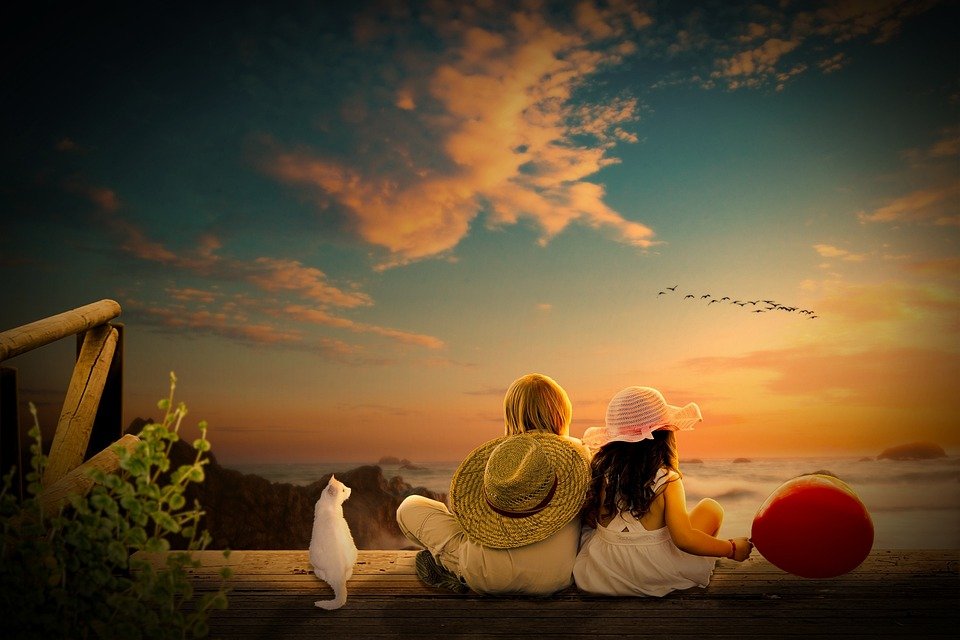Simplifying life: The Basic Essentials You Need for a Minimalist Lifestyle
Introduction
Living a minimalist lifestyle has gained popularity in recent years as more people seek to simplify their lives and focus on what truly matters. Minimalism is about intentionally choosing to live with less, decluttering your physical and mental space, and finding contentment in the essentials. In this article, we will explore the basic essentials you need to embrace a minimalist lifestyle and provide practical tips to simplify your life.
Benefits of a Minimalist Lifestyle
Before diving into the essentials, let’s briefly examine the benefits of minimalist living:
- Decluttered Space: A minimalist lifestyle helps you eliminate unnecessary items from your life, creating a clean and organized living space. This not only reduces stress but also makes it easier to find and appreciate the things that truly matter to you.
- Reduced Financial Burden: By cutting down on unnecessary purchases, you can save money and invest in experiences or items that hold more value for you. Minimalism encourages mindful spending and prevents the accumulation of debt.
- Enhanced Focus: When your physical and mental space is clutter-free, it becomes easier to focus on your goals, relationships, and personal growth. Minimalism helps you prioritize what truly matters in your life.
- Environmental Impact: By consuming less and choosing quality over quantity, minimalists contribute to reducing waste and the environmental impact of excessive consumption.
The Basic Essentials for a Minimalist Lifestyle
To embrace a minimalist lifestyle, you don’t need to get rid of everything you own. Instead, focus on keeping the essentials that add value to your life and let go of the excess. Here are the basic essentials you need:
1. Functional Clothing
Build a wardrobe of high-quality, timeless pieces that can be mixed and matched. Stick to neutral colors and versatile styles that can be dressed up or down. Aim for quality over quantity, investing in pieces that will last longer.
2. Essential Furniture
When it comes to furnishing your living space, prioritize functionality and simplicity. Invest in a comfortable bed, a versatile dining table, and seating options that meet your needs. Avoid accumulating unnecessary furniture that clutters your home.
3. Kitchen Essentials
In the kitchen, focus on quality cookware that will last and serve multiple purposes. Invest in a few high-quality knives, pots, and pans rather than buying a large collection. Keep only the necessary tools and gadgets and avoid accumulating single-use items.
4. Digital Declutter
Extend minimalism to your digital life by decluttering your devices. Organize files and folders, delete unused apps, and unsubscribe from unnecessary email newsletters. Limit your screen time to avoid digital overwhelm and find more time for meaningful activities.
5. Mindful Consumption
Adopt a mindset of mindful consumption. Before making a purchase, ask yourself if it aligns with your values and if you truly need it. Avoid impulse buying and focus on experiences rather than material possessions.
FAQs about Minimalist Living
1. Is minimalism only about physical possessions?
No, minimalism extends beyond physical possessions. While decluttering your physical space is a significant aspect, minimalist living also emphasizes decluttering your mental space, relationships, and commitments. It’s about focusing on what truly matters to you and simplifying all aspects of your life.
2. How do I start decluttering my home?
Start small and declutter one area at a time. Begin with items that are easy to let go of, like clothes or kitchen utensils. Sort items into categories (keep, donate, sell, recycle) and be honest with yourself about what you truly need and love. Gradually work your way through each room until you’ve decluttered your entire home.
3. How can minimalism help with mental well-being?
Minimalism can have a positive impact on mental well-being by reducing stress, promoting focus, and enhancing clarity. By eliminating physical and mental clutter, you create an environment conducive to relaxation and self-reflection. It allows you to prioritize your mental health and focus on what brings you joy and fulfillment.
4. Can I still enjoy hobbies and collections as a minimalist?
Absolutely! Minimalism is about being intentional and mindful with your choices. If a hobby or collection brings you genuine joy and adds value to your life, there’s no need to give it up. The key is to avoid mindless accumulation and ensure that your hobbies align with your values and goals.
Conclusion
Embracing a minimalist lifestyle can bring clarity, contentment, and simplicity to your life. By focusing on the essentials, decluttering your space, and being mindful of your consumption, you can achieve a more meaningful and fulfilling life. Remember, minimalism is a journey, and it’s important to find what works best for you. Start small, be patient, and enjoy the process of simplifying your life.

